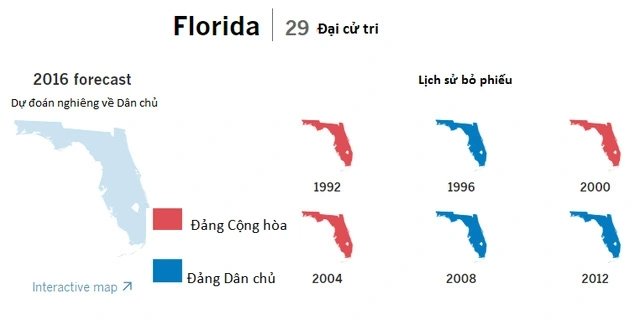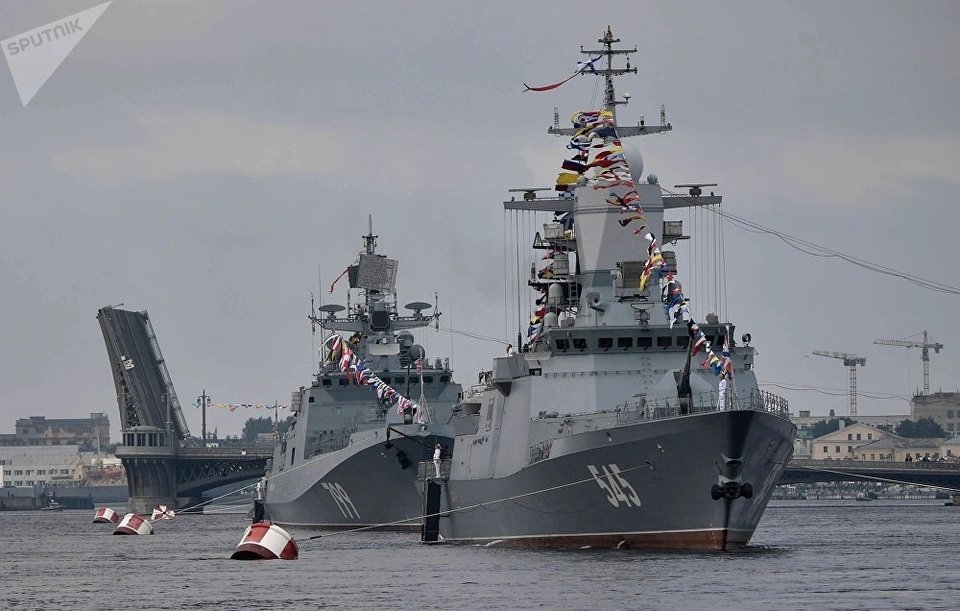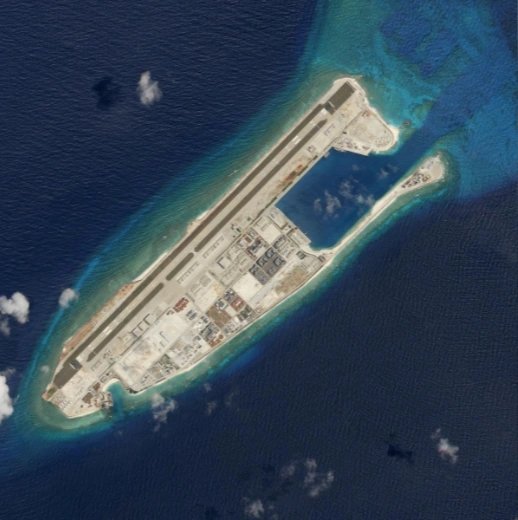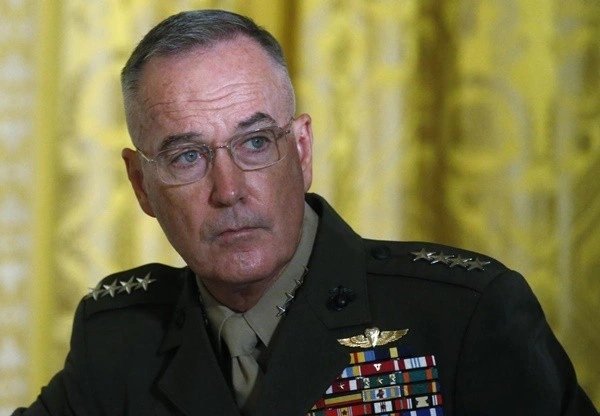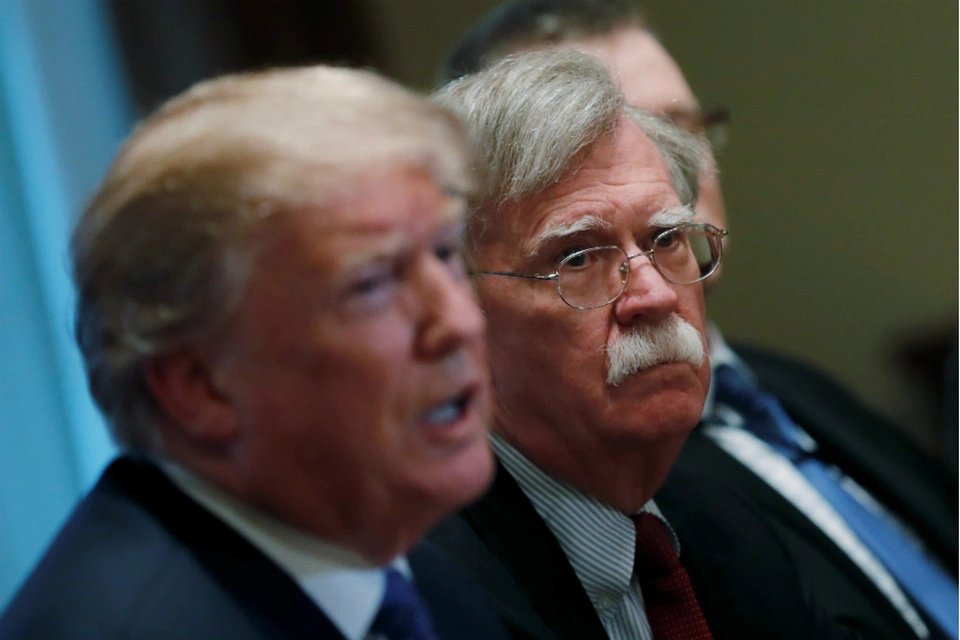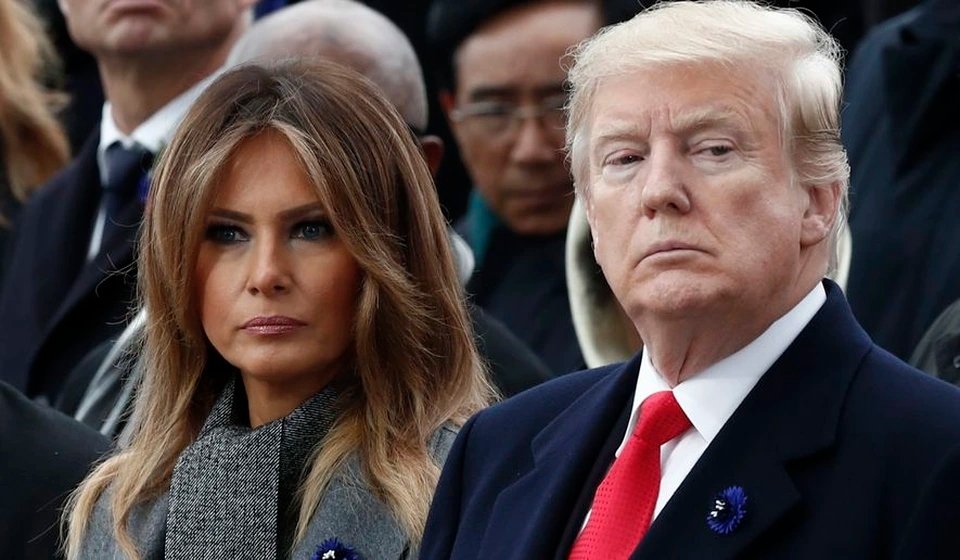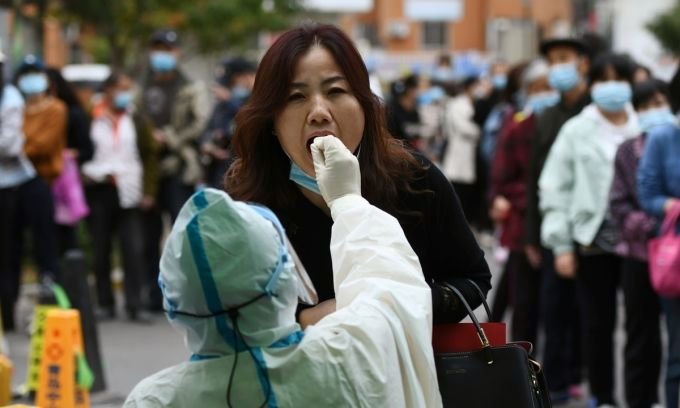
`I have very low expectations for this visit to be conclusive,` said Dale Fisher, an Australian professor at the National University of Singapore and chair of the Global Epidemic Alert & Response Network run by WHO.
A woman takes a nCoV test in Qingdao, China on October 13, 2020.
Fisher pointed out that this will be an opportunity for international and Chinese experts to sit together, discuss the data they have and build relationships.
`I think this is an important meeting but we shouldn’t have too high expectations about the results this time,` assessed Fisher, who was on the WHO delegation to Wuhan last year.
10 scientists from the WHO expert group will be allowed to enter China from January 14 to investigate the origin of Covid-19.
The visit took place a week later than originally scheduled.
`The issue of traceability is extremely complicated. To ensure that the work of the international expert group in China goes smoothly, we must carry out the necessary procedures and make appropriate arrangements,` the spokesperson said.
While he doesn’t expect this trip to answer all the questions, and more than a year has passed since the first cases were discovered, Fisher believes the chances of finding the origins of the pandemic are much better now.
Predicting the upcoming epidemic, Fisher commented that the world will not return to normal soon.
He said that there will still be more cases and outbreaks, however, vaccines can limit widespread infection in the community.
However, Fisher emphasized that this is the scenario if the vaccine deployment goes well.

